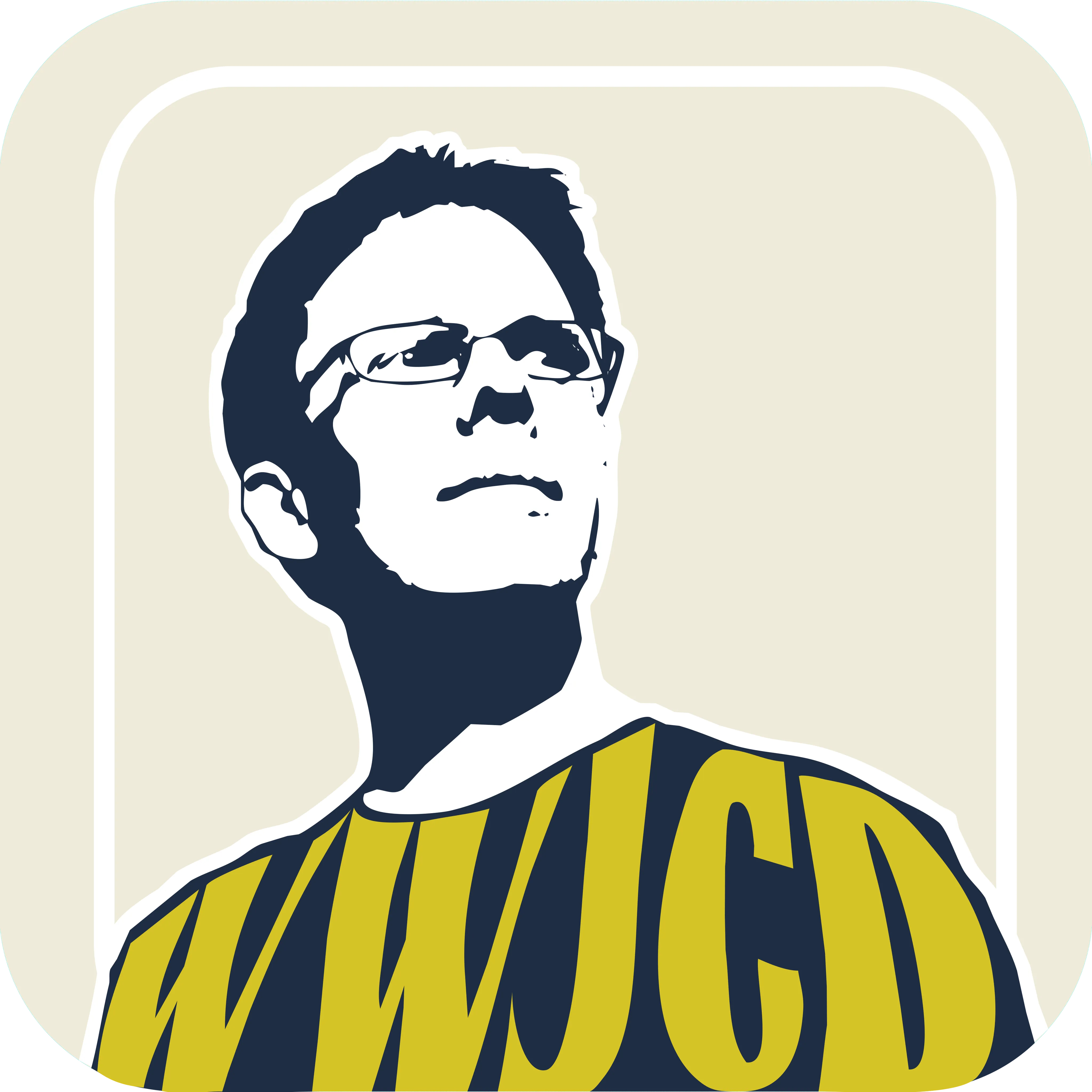Theory of Mind
For the last several years, John Carmack worked with us for one day a week here at Meta. I called him our “consulting CTO” and sought his advice on a wide variety of issues. He recently decided to focus full time on his startup. But strangely enough I have observed I am still benefiting from his counsel. He was so consistent in his principles that, on any given issue I face day to day,I can estimate with very high confidence what advice John would give.
Theory of mind is a concept I first learned in a class on psychology. It describes our capacity to understand the mental states of others. When very young children put an object somewhere they assume everyone knows where they put it; they assume we all have the same information and ideas about the world. At some point in our maturity it flips, and we are able to imagine what each person knows separately. Douglas Hofstadter describes this model we have of those around us beautifully in his book “I Am A Strange Loop,” where he posits that even after people die some part of their consciousness literally lives on within those who knew them and had such a model.
One nice thing about having been at Meta as long as I have is that I have a strong theory of mind about our founder. And he has one for me. That allows us to work together very efficiently. I generally know the types of decisions or ideas that I need to bring to him and the ones I can move quickly on. I am sure the same is true for people who have worked with me for a long time.
This is why it’s so important as a leader not to just communicate your decisions, but to communicate the context around them. That helps people to progress with fewer cycles on the immediate issue and it will also compound over time as they learn the more general rules that govern your thinking.
John didn’t just have strong opinions, he communicated them well and returned to the principles that drove them often. That’s why I had these stickers made for our team inviting them to answer the question: what would John Carmack do?
